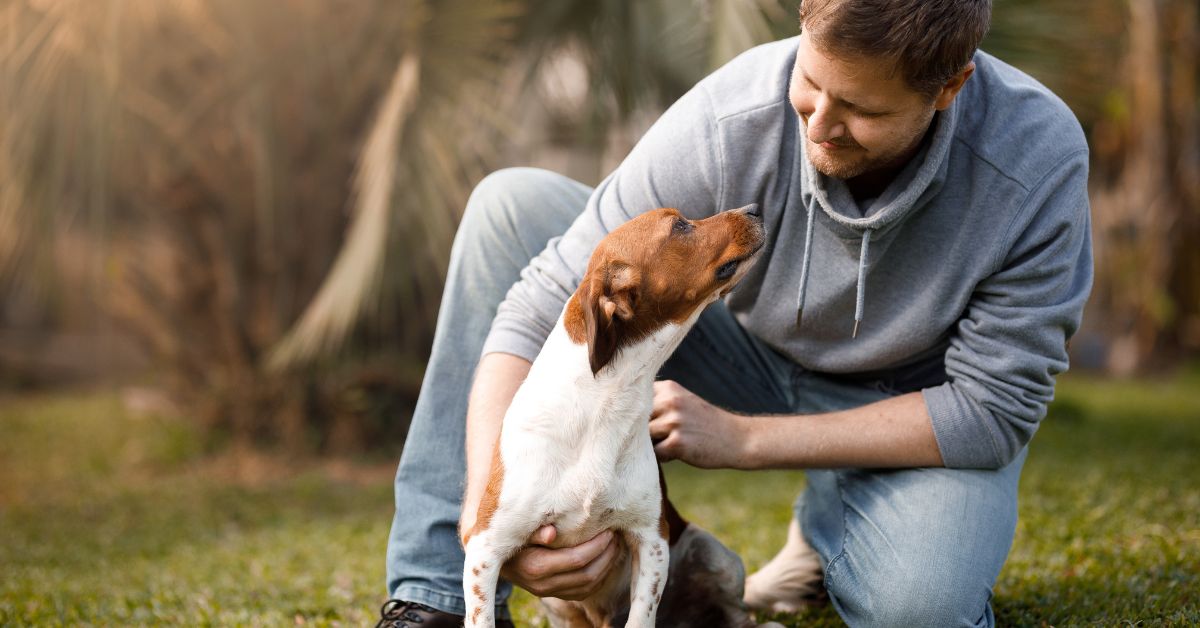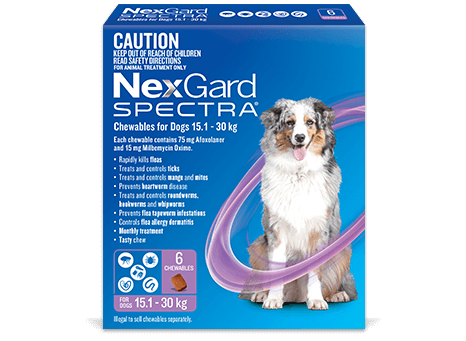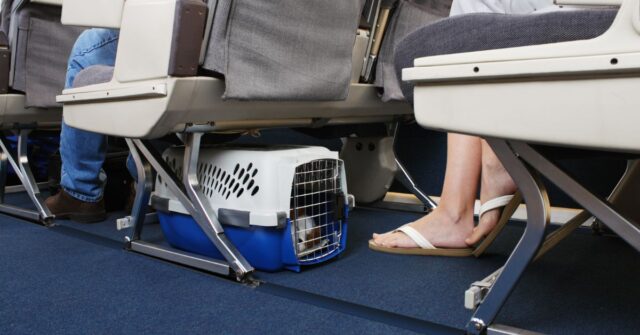Owning a dog in Australia involves more than just love and care; it also entails understanding and complying with various regulations and taxes.
This guide provides a comprehensive overview of the dog tax in Australia, helping you navigate the legal requirements and responsibilities of dog ownership.
Introduction to Dog Ownership Regulations in Australia
Understanding dog ownership regulations is crucial for every pet owner in Australia.
These laws are designed to ensure the welfare of pets, protect public health and safety, and maintain harmony within communities.

Why Dog Ownership Regulations Are Important
Dog ownership regulations are in place to promote responsible pet ownership. They help reduce the number of stray animals, prevent dog attacks, and ensure that pets receive necessary care.
Adhering to these laws benefits both the pet and the community.
Overview of Dog Tax in Australia
The dog tax, often referred to as dog registration fees, varies by state and territory.
It is a mandatory fee that helps fund local council services related to animal management, including shelters, enforcement of pet laws, and community education programs.
Another interpretation of the term “dog tax” is if you are selling dogs as a breeder. In this case, the money you earn from selling the puppies you have bred is taxed.
Registration Requirements for Dogs
Registering your dog is a legal requirement in Australia. Each state and territory has specific regulations and procedures for dog registration, which pet owners must follow.
Mandatory Registration by State
Each state in Australia has its own set of rules for dog registration. Below is a breakdown of the requirements by state.
New South Wales
In New South Wales, all dogs must be registered by the time they are six months old. Owners must microchip their pets before registration, and renewal is required annually.
The registration fee varies based on factors such as whether the dog is desexed or if the owner is a pensioner.
Victoria
Victoria mandates that all dogs over three months old be registered with the local council. Registration fees are generally higher for non-desexed dogs, and discounts are available for certain categories, such as dogs owned by pensioners.
Queensland
In Queensland, dog registration is required for all dogs over the age of 12 weeks.
The state provides different fee structures based on the dog’s breed, whether it is desexed, and the owner’s status (e.g., pensioners receive discounts).
South Australia
South Australia requires all dogs over three months old to be registered.
The state has a centralized system called Dogs and Cats Online (DACO), where all registration and microchipping information is managed.
Fees vary based on the dog’s characteristics and the owner’s status.
Western Australia
Western Australia mandates that dogs be registered by the time they are three months old. Registration fees are generally lower for desexed dogs and for pensioners.
Renewal is required annually or triennially, depending on the owner’s preference.
Tasmania
In Tasmania, all dogs over six months old must be registered. The state provides reduced fees for desexed dogs and for pensioners. Registration must be renewed annually.
Northern Territory
The Northern Territory requires that all dogs be registered once they reach three months of age.
Fees vary based on whether the dog is desexed, and discounts are available for pensioners. Annual renewal is mandatory.
Australian Capital Territory
In the Australian Capital Territory, all dogs must be registered by six months of age. The territory offers lower registration fees for desexed dogs and for pensioners. Registration must be renewed annually.
Microchipping and Desexing Requirements
Microchipping and desexing are critical components of responsible dog ownership in Australia. These practices help in identifying lost pets and controlling the pet population.

Microchipping Guidelines
Microchipping is mandatory in all Australian states and territories. It must be done before the dog is registered, usually by the time the dog is three to six months old.
Microchips contain a unique identification number that can be scanned to retrieve the owner’s contact information.
Desexing Guidelines
Desexing, or spaying/neutering, is encouraged and often incentivized through lower registration fees.
Some states, like Victoria and South Australia, have specific desexing requirements for new generations of dogs.
Exemptions and Special Cases
There are exemptions to desexing requirements, typically for registered breeders or working dogs. Owners must provide appropriate documentation to qualify for these exemptions.
Costs Associated with Dog Ownership
Owning a dog involves various costs, including registration fees, microchipping, desexing, and vaccinations. Understanding these costs can help you budget effectively.
Registration Fees by State
Registration fees vary significantly across different states and territories. Below is a detailed breakdown of these fees.

New South Wales
Registration fees in New South Wales range from $25 to $210, depending on factors such as the dog’s age, whether it is desexed, and the owner’s status (e.g., pensioner discounts).
Victoria
In Victoria, fees range from $40 to $250. Desexed dogs and dogs owned by pensioners generally incur lower fees.
Queensland
Queensland’s registration fees range from $35 to $160, with variations based on the dog’s breed, whether it is desexed, and the owner’s status.
South Australia
South Australia’s registration fees range from $20 to $150, with lower fees for desexed dogs and discounts for pensioners.
Western Australia
Western Australia’s fees range from $30 to $200. Lower fees apply to desexed dogs and dogs owned by pensioners.
Tasmania
In Tasmania, fees range from $25 to $145. Desexed dogs and pensioners typically receive discounts.
Northern Territory
Fees in the Northern Territory range from $25 to $120, with lower rates for desexed dogs and pensioners.
Australian Capital Territory
ACT’s fees range from $50 to $200. Desexed dogs and dogs owned by pensioners usually incur lower fees.
Other Potential Costs
In addition to registration fees, dog owners must consider other costs associated with responsible pet ownership.
Microchipping Fees
Microchipping costs typically range from $30 to $80, depending on the provider. Some local councils or animal welfare organizations may offer discounted or free microchipping events.

Desexing Fees
Desexing costs vary based on the dog’s size and gender, ranging from $150 to $500. Many councils and animal welfare organizations offer subsidized desexing programs.
Vaccination Costs
Vaccinations are essential for your dog’s health and can cost between $70 and $120 per visit. Puppies require a series of vaccinations, while adult dogs need annual boosters.
Fines and Penalties for Non-Compliance
Non-compliance with dog ownership regulations can result in fines and penalties. Understanding these consequences can help you avoid costly mistakes.
Common Infractions and Penalties
Various infractions can lead to fines, which vary by state and territory. Here are some common violations and their associated penalties.
Failure to Register
Not registering your dog can result in fines ranging from $100 to $500, depending on the state and severity of the infraction.
Failure to Microchip
Failing to microchip your dog can lead to fines between $200 and $1,000, depending on the state’s regulations.
Failure to Desex
Not desexing your dog, when required, can incur fines from $100 to $500. Some states offer exemptions, but proper documentation is necessary.
Not Picking Up After Your Dog
Failing to pick up after your dog can result in fines ranging from $50 to $500, depending on the local council’s regulations.
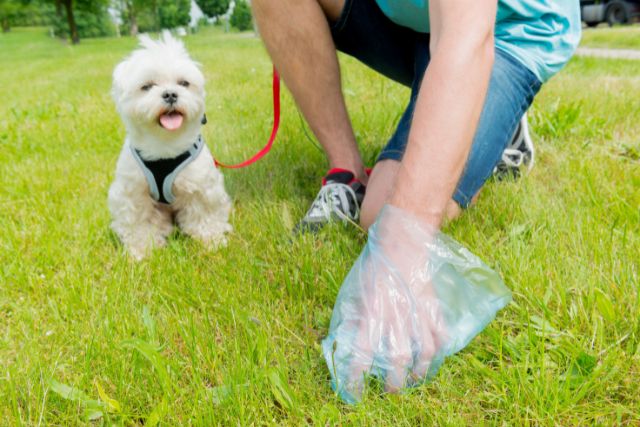
Leash Laws and Control in Public Spaces
Violating leash laws or not controlling your dog in public spaces can lead to fines between $100 and $1,000, depending on the severity and location of the infraction.
How Fines Vary by State
Fines for non-compliance vary significantly across states. Here are examples from different regions.
New South Wales
In NSW, fines for failing to register your dog start at $200, while leash law violations can cost up to $500.
Victoria
Victoria imposes fines of $330 for unregistered dogs and $500 for off-leash violations in restricted areas.
Queensland
In Queensland, fines for not registering your dog range from $200 to $600. Violations of leash laws can incur fines of up to $500.
South Australia
South Australia imposes fines of $170 for unregistered dogs, while not adhering to leash laws can result in fines up to $250.
Western Australia
In Western Australia, failing to register a dog can result in fines starting at $200. Off-leash violations can lead to fines of up to $1,000.
Tasmania
Tasmania fines for unregistered dogs begin at $120, and leash law violations can incur penalties up to $250.
Northern Territory
In the Northern Territory, fines for not registering your dog range from $150 to $500. Off-leash violations can result in fines up to $400.
Australian Capital Territory
The ACT imposes fines of $150 for unregistered dogs, while off-leash violations can cost up to $600.
Selling and Transferring Dog Ownership
Selling or transferring ownership of a dog in Australia comes with specific legal requirements to ensure the safety and traceability of pets.

Legal Requirements for Selling Dogs
When selling a dog, you must comply with various regulations to provide transparency and ensure the well-being of the animal.
Identification Numbers
All advertisements for selling dogs must include the animal’s microchip number. This requirement helps track the pet’s history and ensures it can be returned if lost.
Microchip Information
Sellers must provide up-to-date microchip information to the new owner. This includes transferring the microchip registration to the new owner’s name.
Breeder Information
If the dog is sold by a breeder, the advertisement must include the breeder’s identification number and contact details. This ensures accountability and helps prevent unethical breeding practices.
Transferring Ownership Responsibly
Transferring ownership involves updating the dog’s registration and ensuring the new owner understands their responsibilities.
Updating Registration Information
When a dog’s ownership changes, the registration details must be updated with the relevant local council or online registry. This keeps records accurate and ensures the dog’s new owner can be contacted if necessary.
Ensuring Compliance with New Owner
It is crucial to educate the new owner about their responsibilities, including registration, microchipping, desexing, and adherence to local laws.
Providing them with resources and information can help facilitate a smooth transition.
Annual Renewal Process
Annual renewal of dog registration is a key part of maintaining compliance with local laws and ensuring the safety and well-being of your pet.
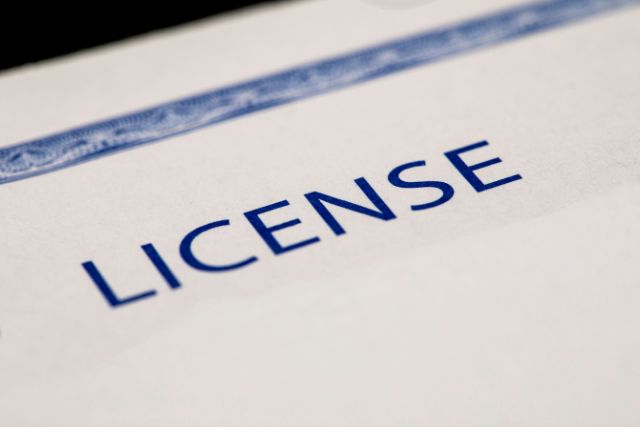
Importance of Renewing Dog Registration
Renewing your dog’s registration annually ensures that local councils have up-to-date information, which is vital for returning lost pets and enforcing pet laws.
It also helps fund community services related to animal management.
How to Renew Registration
Renewing your dog’s registration can usually be done online, by mail, or in person, depending on your local council’s procedures.
Online Renewal
Most councils offer online renewal through their websites or centralized systems like Dogs and Cats Online (DACO). This is a convenient and quick way to renew your dog’s registration.
Mail-In Renewal
Some councils provide the option to renew registration by mail. You will need to complete the necessary forms and send them along with the payment to the designated address.
In-Person Renewal
For those who prefer face-to-face interactions, many local councils allow registration renewals at their offices. This method can also be useful for addressing any specific questions or concerns you may have.
Consequences of Late Renewal
Failing to renew your dog’s registration on time can result in late fees and penalties. Continued non-compliance may lead to higher fines and potential legal action, depending on local regulations.
Additional Responsibilities of Dog Owners
Owning a dog comes with various responsibilities beyond registration. These ensure your pet’s well-being and compliance with local laws.
Ensuring Proper Identification
Proper identification includes keeping your dog’s microchip information up-to-date and ensuring they wear a collar with identification tags. This is crucial for reuniting lost pets with their owners.
Maintaining Up-to-Date Vaccinations
Vaccinations protect your dog from common diseases and are often required for activities like boarding or dog parks. Regular veterinary visits are essential to keep vaccinations current.
Compliance with Local Laws
Local laws may include leash requirements, noise control, and restrictions on the number of pets you can own. Familiarize yourself with these regulations to avoid fines and ensure your dog’s safety and well-being.
Conclusion
Understanding and complying with dog ownership regulations in Australia is essential for responsible pet ownership. By adhering to these laws, you contribute to the welfare of your pet and the community.

Summary of Key Points
This guide has covered the importance of dog ownership regulations, registration requirements, associated costs, fines for non-compliance, and the process for selling or transferring ownership.
It also highlighted the annual renewal process and additional responsibilities of dog owners.
Benefits of Compliance
Compliance with these regulations ensures your dog’s safety, helps reunite lost pets with their owners, and supports community services that manage and protect animals.
It also fosters a harmonious relationship between pet owners and the community.
Resources for Dog Owners
For more information, consult your local council’s website, the Dogs and Cats Online registry, or national organizations such as the RSPCA.
These resources provide detailed guidance and support for all aspects of dog ownership.

